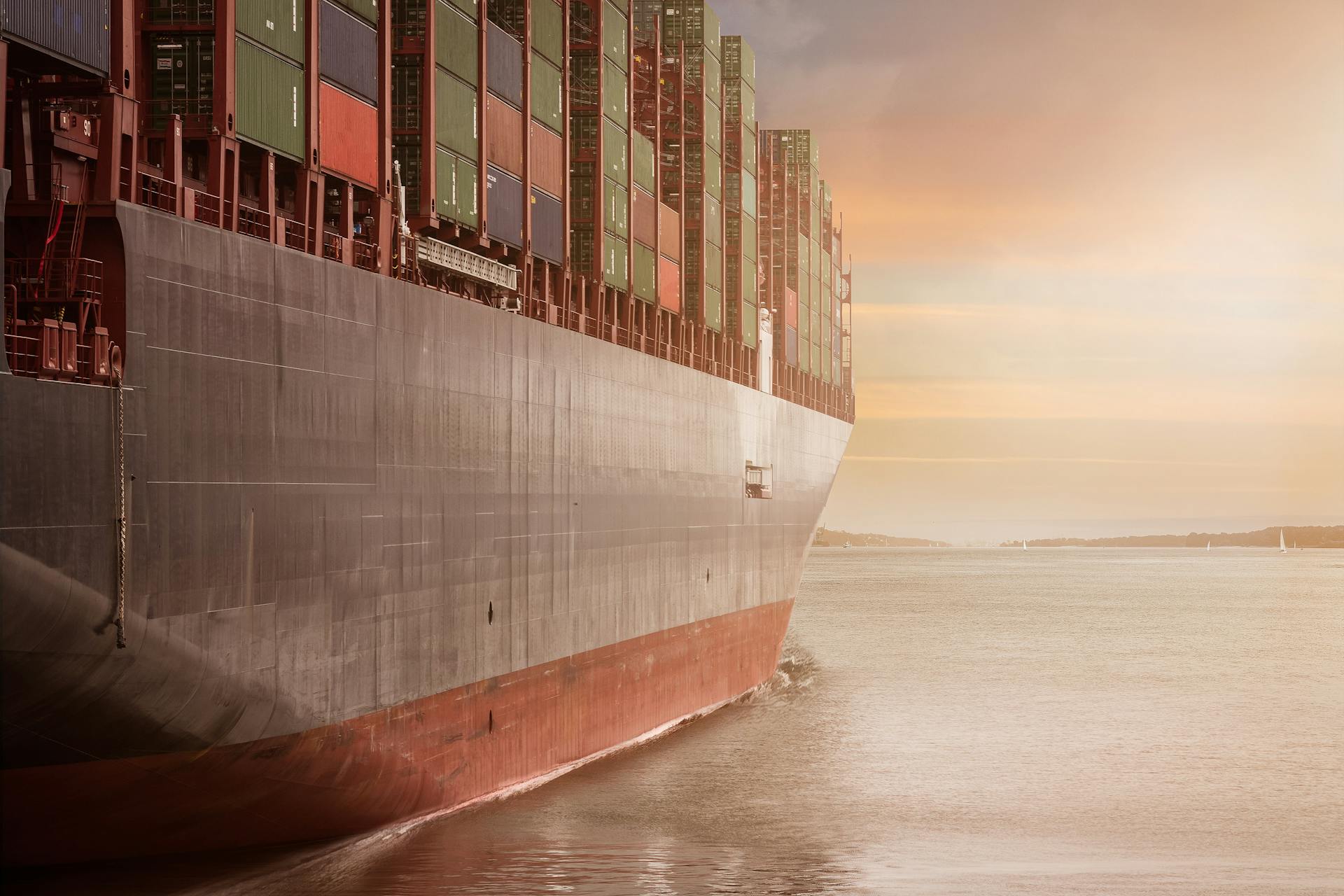The shipping industry is an indispensable part of the global economy, but it also faces a significant challenge: reducing its environmental impact. Traditional marine fuels are major polluters, and stricter regulations are on the horizon. In this context, methanol is emerging as a promising alternative fuel that can help the shipping industry navigate towards a more sustainable future.
Methanol has several advantages that make it an attractive option for marine fuel. Compared to traditional fuels like heavy fuel oil, methanol burns cleaner, producing significantly lower emissions of sulfur oxides (SOx) and nitrogen oxides (NOx)[1]. It is also readily available. Methanol can be produced from various feedstocks, including natural gas and biomass as well as with captured carbon dioxide. At the same time, the technology for using methanol in marine engines is already well-developed, making it a relatively low-risk option for shipping companies.
There are some great examples of commercially operating vessels that use methanol as their fuel source. Stena Lina, one of the largest ferry operators in the world, already operates a converted ferry, the Stena Germanica, on methanol fuel[2]. The Stena Germanica was the first ferry of its kind, but now Stena Line are moving forward with the conversion of other ships in their fleet[3],[4].
While methanol offers a significant improvement over traditional fuels, it’s important to acknowledge that not all methanol is created equal. Currently, most methanol is produced from fossil fuels like natural gas (grey methanol), resulting in greenhouse gas emissions during production and use. While using methanol still helps in reducing SOx and NOx emission, it cannot truly be called a sustainable fuel, since it is not renewable.
This being said, there are big developments towards the production of renewable methanol. Most sustainable methanol is biomethanol, that is produced from for example wood scraps or other biomass feedstocks. There are also ways to synthesize methanol with electricity. For example, methanol can be produced by using electrolysis to split water into hydrogen and oxygen and then synthesising methanol using the hydrogen and captured carbon. Companies like LiquidWind are at the forefront of developing and scaling this type of sustainable methanol production[5]. Since the transition to the use of methanol in shipping is already underway, there is also a growing market for this renewable methanol fuel. Sustainable methanol has the potential to be a game-changer for the shipping industry. By reducing emissions and mitigating climate impact, it can help create a more sustainable maritime transportation system. As renewable methanol production continues to scale up, we can expect to see even wider adoption of this promising clean fuel in the years to come.
[1] Source: https://www.iea-amf.org/content/fuel_information/methanol
[2] Source: https://stenaline.com/about-us/our-ships/stena-germanica/
[3] Source: https://www.wartsila.com/media/news/27-06-2023-wartsila-to-accelerate-stena-line-s-decarbonisation-journey-through-methanol-conversions-3289536
[4] Source: https://www.lr.org/en/knowledge/press-room/press-listing/press-release/lr-to-support-the-retrofit-of-two-stena-line-ferries-to-methanol/




Leave a Reply